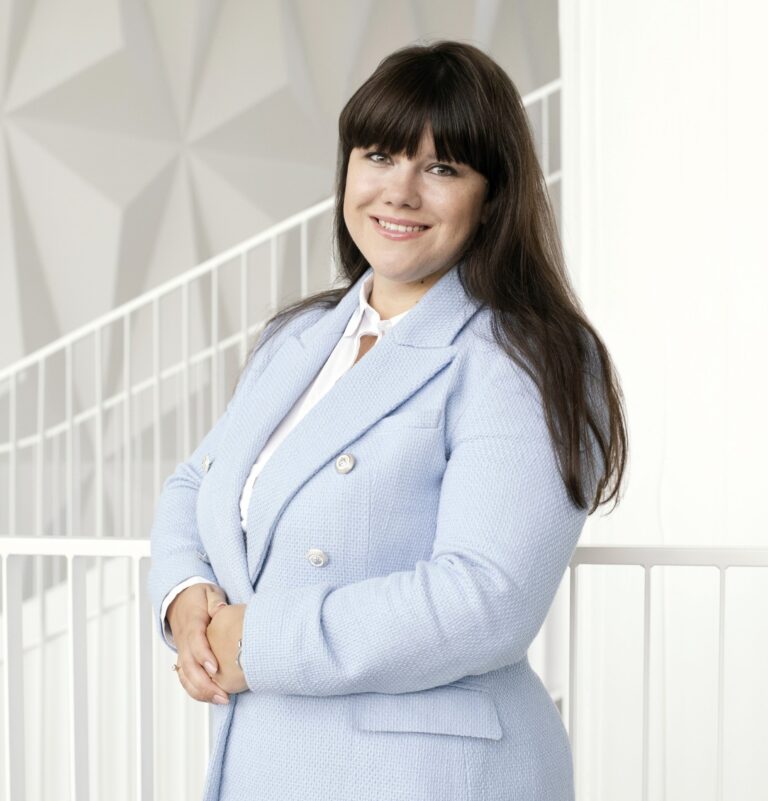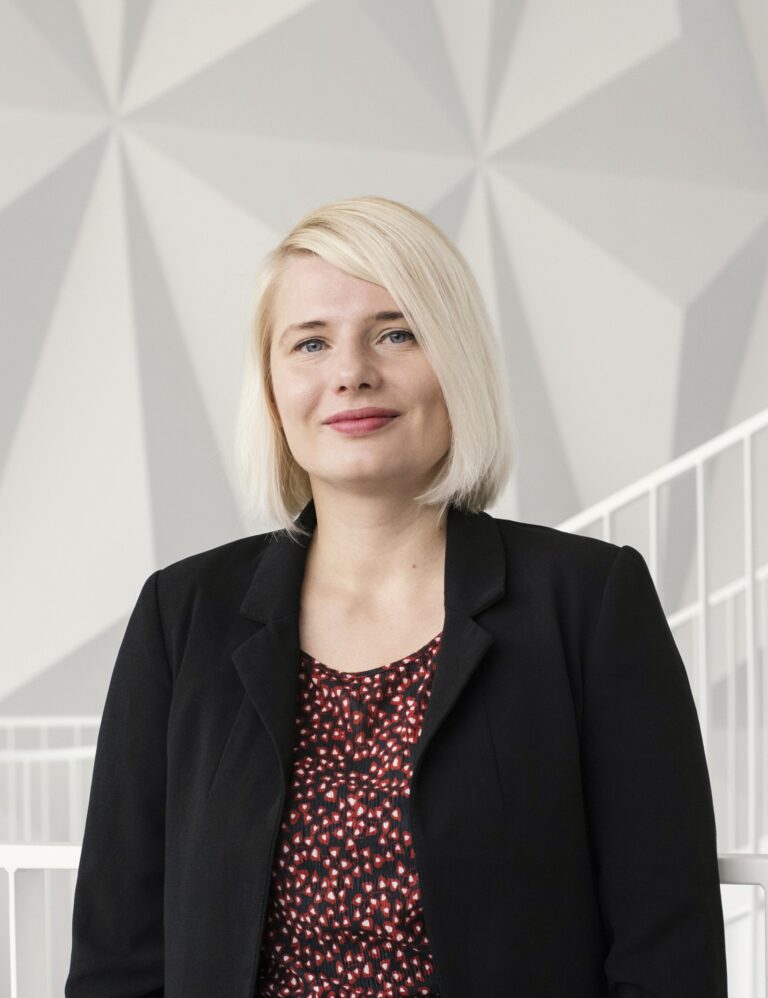Kurkime modernią Lietuvos ateitį kartu
RegistruotisLR Teisingumo ministerija
Visuotinė (universali) jurisdikcija
Problema
„Aut dedere aut judicare“
Visos šalys privalo išduoti ir patraukti baudžiamojon atsakomybėn kaltininkus už tokius tarptautinius nusikaltimus kaip karo nusikaltimai, agresijos nusikaltimai, genocidas, tarptautinis terorizmas (aut dedere aut judicare, Hugo Grotius).
Net jei sunkus nusikaltimas, tarptautinės teisės pažeidimas buvo įvykdytas užsienyje – egzistuoja kiekvienos valstybės pareiga išduoti arba patraukti baudžiamojon atsakomybėn nusikaltėlį ar nusikaltėlius. Vienas būdų, kaip tai įgyvendinti, yra vadinamas universalia jurisdikcija.
Universali jurisdikcija gali būti apibrėžta kaip svarbi tarptautinio teisingumo priemonė dėl:
ribotos tarptautinių teismų (TBT ir kitų) jurisdikcijos,
nacionalinė policija, prokurorai ir teisėjai pernelyg dažnai nenori ir negali iš tikrųjų tirti nusikaltimų pagal tarptautinę teisę (karo nusikaltimų, nusikaltimų žmoniškumui, priverstinių dingimų, kankinimų, genocido ir neteisminių egzekucijų) savo šalyse. Pavyzdžiui, Ukrainoje 94 teismai negali vykdyti teisingumo (nes 11 proc. teismų pastatų yra sunaikinti karo veiksmų, o 9 proc. yra įsikūrę okupuotose teritorijose).
Taigi, kiekviena valstybė turėtų suteikti savo teismams veiksmingą visuotinę jurisdikciją tokiems sunkiems nusikaltimams, kurie kenkia tarptautinei teisinei sistemai, ir pašalinti visas kliūtis nacionaliniams teismams, vykdantiems tokią jurisdikciją. Šie teismai turėtų veikti kaip tarptautinės bendruomenės atstovai, siekiantys tirti minėtus nusikaltimus bei vykdyti teisingumą aukų atžvilgiu.
Lietuvos Respublikos generalinė prokuratūra pradėjo ikiteisminį tyrimą pagal Lietuvos Respublikos baudžiamojo kodekso 100 straipsnį dėl tarptautinės teisės draudžiamo elgesio su žmonėmis, 110 straipsnį dėl agresijos ir 111 straipsnį dėl draudžiamų karo išpuolių. Tai rodo, kad Lietuva puikiai supranta minėtus įsipareigojimus pagal tarptautinę teisę, kaip Genocido ir Ženevos konvencijų signatarė. Tačiau papildoma motyvacija – supratimas, kad Ukrainos teisinė sistema yra perkrauta (Ukrainoje užregistruoti 57 694 karo nusikaltimai), o kitų šalių pagalba yra labai svarbi ir laukiama.
Tikslas
Projekto tikslas – atlikti universalios jurisdikcijos taikymo Lietuvos ir kitų Europos šalių teismuose analizę ir pasiūlyti sprendimus, kaip šį procesą efektyvinti, ypač tiriant karo nusikaltimus, nusikaltimus žmoniškumui ir baudžiamąsias bylas dėl galimo genocido Ukrainoje.
Projekto eiga
2023/01/30
Esamos situacijos analizė (anglų k.)
2023/02/01
Gerųjų tarptautinių praktikų analizė
2023/02/03
Apskritojo stalo diskusija
2023/03/03
Sukurta universaliosios jurisdikcijos taikymo pagalbinė priemonė „UJ Toolkit“
Projekto failai
Rezultatas
Projekte buvo analizuojama universalioji jurisdikcija kaip metodas teisingumui Ukrainos karo aukoms pasiekti, todėl buvo pasiūlytas universaliosios jurisdikcijos pagalbinių priemonių rinkinys ikiteisminiam ir teisminiam nagrinėjimui.


